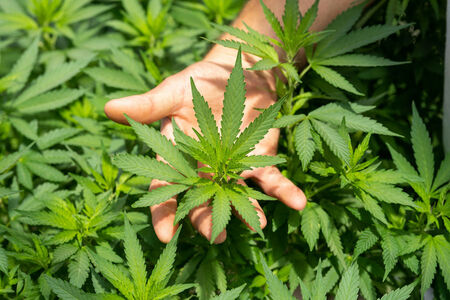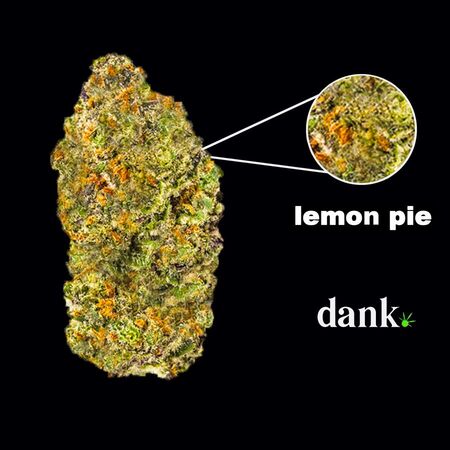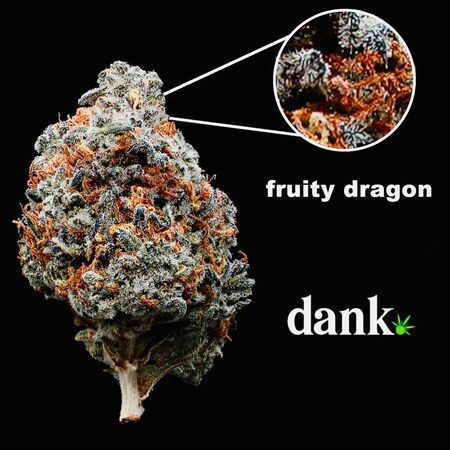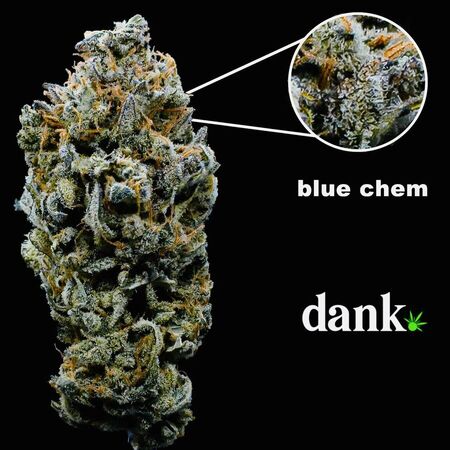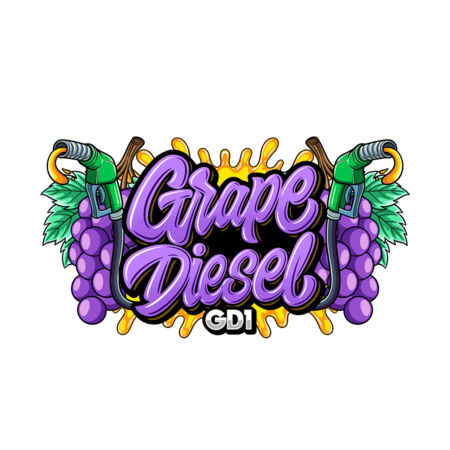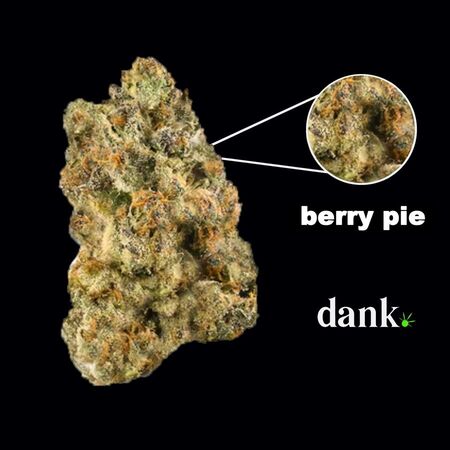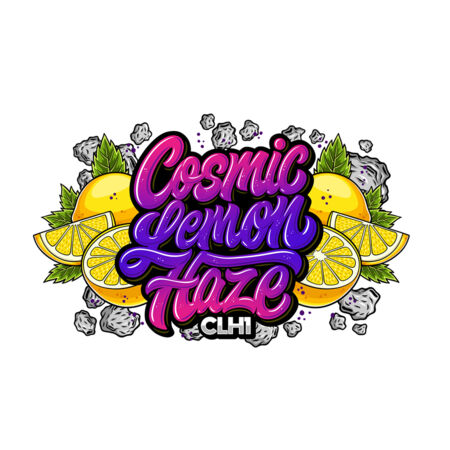Illinois: A Cannabis Trailblazer in the Midwest
US States
Shop
Illinois has emerged as a leader in cannabis reform, becoming one of the first Midwestern states to legalize both medical and recreational marijuana. With a well-regulated market, Illinois not only provides access to cannabis for medical patients and adult users but also reaps significant economic benefits through tax revenue and job creation. The state's progressive approach has set a standard for others in the region.
Current Cannabis Laws in Illinois (2024)
Medical Cannabis
Eligibility: Patients with qualifying medical conditions, such as chronic pain, cancer, or PTSD, can obtain medical marijuana with a recommendation from a licensed physician. Illinois offers a robust Medical Cannabis Patient Program (MCPP) to facilitate patient access.
Possession Limits: Medical cannabis patients are allowed to possess up to 2.5 ounces of cannabis every two weeks, with the option to petition for larger amounts if necessary.
Cultivation: Registered medical cannabis patients may grow up to five plants at home, provided they are over 21 and adhere to state cultivation guidelines.
Recreational Cannabis
Eligibility: Adults aged 21 and older can legally purchase and use recreational cannabis.
Possession Limits: Illinois residents may possess up to 30 grams of cannabis flower, 5 grams of cannabis concentrate, and 500 milligrams of THC in cannabis-infused products. Non-residents are allowed half these amounts.
Cultivation: Recreational users are not permitted to grow cannabis at home; cultivation is limited to medical patients.
A Timeline of Cannabis in Illinois
2013: Illinois enacts the Compassionate Use of Medical Cannabis Pilot Program Act, legalizing medical marijuana and laying the foundation for future reforms.
2016: The state decriminalizes possession of small amounts of cannabis, reducing penalties to fines rather than jail time.
2019: Illinois becomes the first state to legalize recreational cannabis through legislative action rather than a voter initiative. The Cannabis Regulation and Tax Act passes, with sales beginning in January 2020.
2020: Recreational cannabis sales in Illinois generate over $1 billion in revenue in the first year, showcasing the economic potential of legalization.
2022: The state introduces social equity programs to support communities disproportionately impacted by past cannabis laws, including grants and prioritized licensing.
2023: Illinois further expands access by streamlining the licensing process and increasing the number of dispensaries statewide.
Economic and Social Impact
Illinois has embraced cannabis not only as a source of revenue but also as a tool for social justice. The state has implemented measures to expunge low-level cannabis convictions and prioritize social equity applicants in the cannabis industry. Revenue from cannabis sales is reinvested into community development, education, and infrastructure, creating a model for other states to emulate.
Why Choose Dank Seeds USA?
Dank Seeds USA is your trusted partner for premium seeds and expert guidance, whether you're in Illinois or another cannabis-friendly state.
High-Quality Genetics: We offer a wide range of seeds tailored to different climates and growing preferences, ensuring a successful harvest.
Educational Resources: Stay informed with our blog, featuring the latest updates on cannabis laws, growing tips, and industry trends.
Commitment to Advocacy: We support communities and initiatives focused on promoting responsible cannabis use and equitable policies.
Illinois: A Bright Future in Cannabis
Illinois has solidified its position as a leader in the cannabis industry, proving that legalization can deliver economic prosperity, social justice, and public health benefits. With continued growth and innovation, the state is poised to remain at the forefront of cannabis reform. Whether you're a medical patient or a recreational enthusiast, Illinois offers a thriving environment for cannabis access and education.
The information provided in this article is for informational purposes only and should not be considered as legal advice. Laws and regulations surrounding cannabis use and cultivation vary by jurisdiction and are subject to change. For the most up-to-date and accurate information, readers are encouraged to consult their local laws or seek professional legal counsel. This content is not intended as a call-to-action and does not encourage illegal or unauthorized activity.



